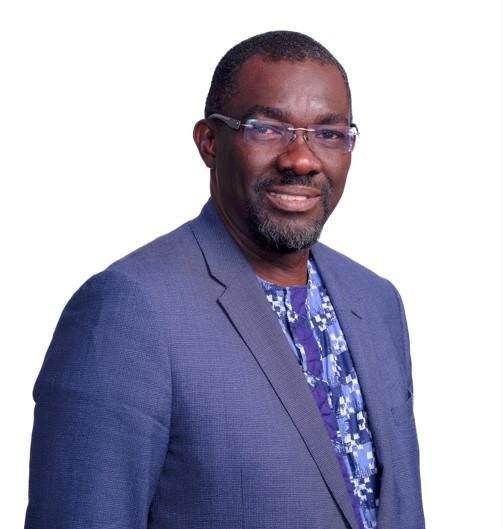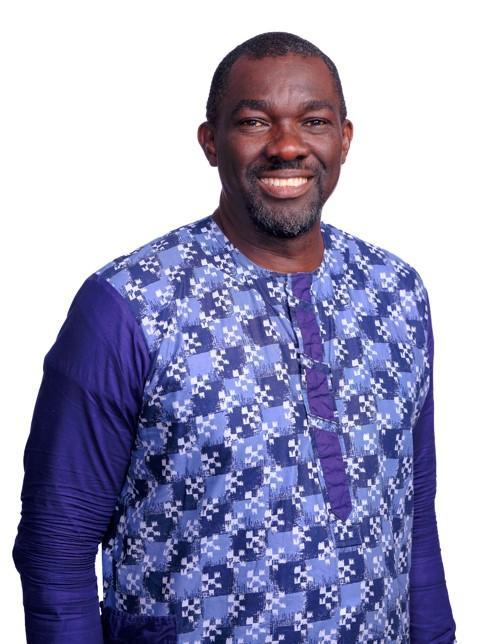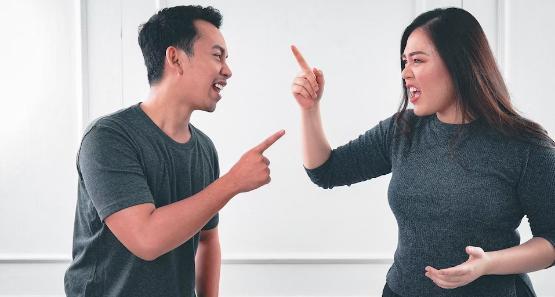Conflict resolution and the global north/south divide
Ask anyone trained in conflict resolution and they will tell you that disputes are part and parcel of human nature. Whether it’s two people falling out over a shared fence, two communities unhappy about the distribution of resources, or larger conflicts, such as wars, the idea that mediation is a tool for those seeking a way forward, seems to be a given.

But is that very concept simply a norm developed and generally accepted by those in the ‘global north’? If so, does it come with certain built-in hierarchies shrouded by a kind of unconscious bias?
This and other questions will be discussed by academics - among them Dr Colins Imoh from the University of Bradford - at the Peace Education in an Era of Crisis conference in Kigali, Rwanda, from July 11-13.

Dr Imoh is programme leader for the BA in International Relations, Politics and Security Studies and equality, diversity and inclusion facilitator in the School of Social Sciences, which is part of the department of Peace Studies and International Development.
His presentation, which he will deliver in person at the conference, is entitled Peer Mediation in School: Do Young People Support Peer Mediation?
Dr Imoh, who joined the University of Bradford in June 2020, and who authored The Conversation article How the failure of multiculturalism led to the rise of Black Lives Matter, said: “Peer mediation empowers trained young persons to facilitate resolving conflicts in schools without the intervention of adults. As a result, young people can resolve problems among themselves peacefully and constructively. The implication is that schools are expected to be more peaceful.

“The general discourse is that peer mediation is workable and acceptable to both students. This research interrogates the acceptability of peer mediation among students and their views.
“Is this view a universal concept or is it based on western perspectives?
“We are looking at this from a young person’s perspective but also examining the influence of the predominantly Western narrative to such concepts.
“For example, most of the voices (and these could be references to authors who are experts on the subject or other sources) tend to be of mostly Western origin (or the ‘global north’, as opposed to the ‘global south’). Often, these come with in-built hierarchies that may not be relevant to other countries and cultures, so this is also about encouraging African voices to be part of the conversation.”
